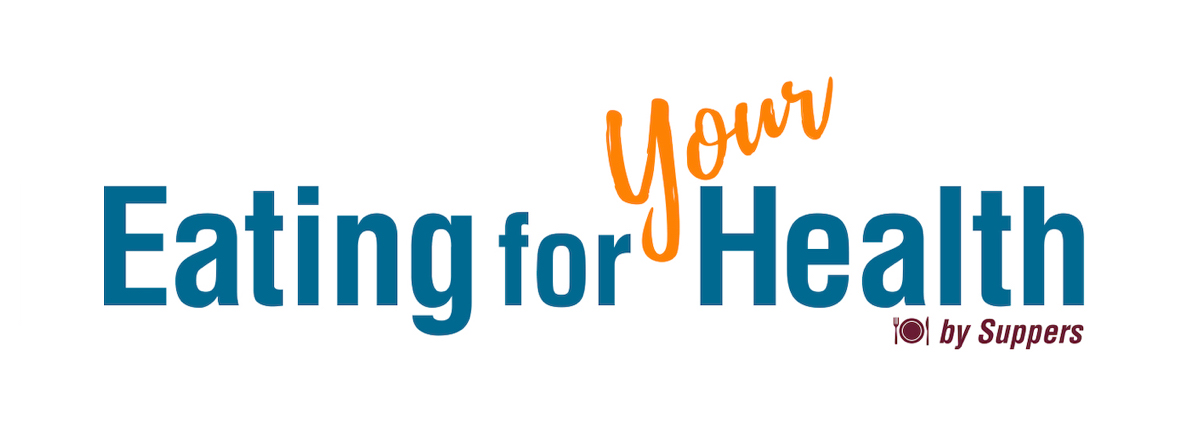These ideas were drawn from doctors, nutritionists, and nutrition-oriented psychologists who use diet and supplements to stabilize blood sugar and provide the building blocks for neurotransmitters. Suppers does not make specific recommendations on nutrients. They may be crucial for stability in certain individuals, particularly certain biological types of alcoholics. (For more information, please see our reviews for books such as The Mood Cure and The Crazy Makers.)
Eat mostly whole, single, fresh foods.
Avoid refined foods: flour, sugar, soft drinks, even sugar substitutes and processed foods. Frozen is better than canned.
Get them as fresh as you can, like locally grown produce in season.
Drink water: Half your weight in ounces is a good guideline if you are detoxifying.
Do not let yourself get so hungry you start craving. Have a small meal or nourishing snack BEFORE the symptoms of low blood sugar set in. You’ll come to find you have a pattern and you can use food strategically.
Snacks are the exact same food you would eat for meals. None of them come prepared in packages. Choose whole fruits, nuts, a small portion of protein (meat, eggs, fish, fowl, beans, seeds and nuts). Some people can tolerate dairy foods, others must avoid it. The Suppers menu avoids milk products completely so members can learn how to eat to correct digestive problems and reduce cravings.*
Limit the grain-based foods you eat and choose only whole grains, like brown rice. Some people can handle bread and wheat products. Others must avoid it. The Suppers menu avoids gluten grains like wheat so members can learn how to eat to correct digestive problems and reduce cravings.*
* Wheat products and milk may cause trouble in recovering people and people with health problems that include blood sugar regulation and digestive problems. In general, if eating these foods elevates mood or makes you feel gleeful and/or you have problems with constipation, diarrhea, reflux, flatulence, or “brain fog”, a test period without dairy and wheat products is worth a try. Suppers recipes don’t include wheat or dairy because they can slow down the recovery process in certain people. Once the gut heals, they may be OK again.
Eat foods in combination, getting a balance of high quality fats (like olive oil), high quality protein, high fiber fresh vegetables and fruits. There will be fewer problems with insulin insensitivity and low blood sugar if you “oppose” carbohydrates (sugars and starches) by eating them with other foods. For example, if you decide to eat a piece of pie, do it only after a complete meal. It will do less damage in terms of blood sugar than having it on an empty stomach.
Sit down regularly at a table to home cooked meals with people who care about you and no TV, noise, harsh lighting, or other interference.
Choose:
Protein: All meats, fish, fowl, seeds, nuts, legumes (beans) and if you can handle it, dairy. If milk products make you really happy or crave or make you constipated or produce mucous symptoms, hold off for a period of months.
Fruits and Vegetables: Eat anything fresh and whole. If you don’t have a taste for vegetables, start slowly adding it in a little at a time. Be sure to eat some raw foods each day to restore enzymes (protein structures produced by living organisms that make body processes happen).
Fats and oils: Freshness is critical. Most vegetable oils are fragile and become rancid on the shelf. Reasonable quantities of extra virgin olive oil are beneficial. But keep oils refrigerated, and don’t cook them long and hot. This makes them oxidize quickly and leads to health problems.
Grains: Eat whole grains only like plain oatmeal and brown rice. Many people with digestive systems ruined by addictions and some people with mental health diagnoses don’t digest grains well. If you crave or have digestive problems, avoid wheat, corn, rye, and oats for a while and stick with the rices.
Read labels and root out hydrogenated fats and high fructose corn syrup.
The current Suppers recommendation is to avoid hydrogenated oils, “trans fats”, as well as high fructose corn syrup. They are newcomers to the human diet and implicated in chronic degenerative disease. Some research is showing them to be poisonous in the doses Americans are eating them, leading to chronic degenerative diseases like heart disease, stroke, and diabetes. The products that contain them are not whole foods anyway and are tickets to obesity and diabetes.
These guidelines will be updated as new information is shared at meetings.
